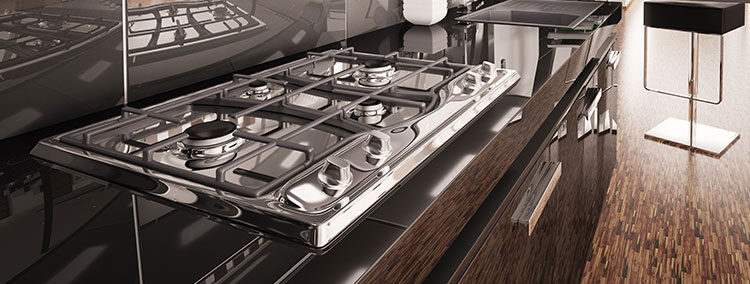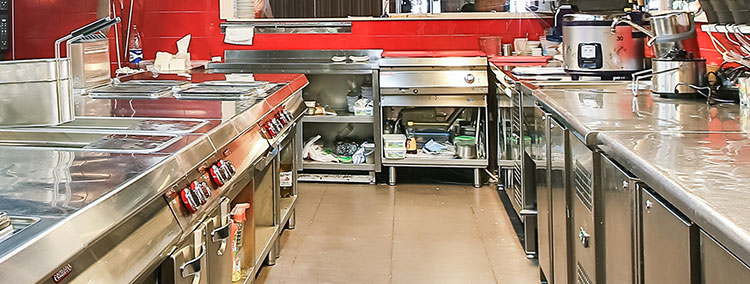Are you wondering what can damage a dishwasher? There are plenty of things that can do it. Some of these things as given by dishwasher repair professionals include:
Placing dirty dishes and plates in the dishwasher
The dishwasher is meant to clean the dishes, so you should put the dirty dishes here, right? While this is true, placing excessively dirty dishes here can clog the drain lines, pump assembly, and spray arms.
This provides a breeding ground for bacteria and prevents the dishes from getting cleaned properly.
To avoid this, make it a habit to scrape all the food off the plates and dishes before placing them in the dishwasher.
Some people say that you should rinse the dishes. No, you don’t have to. Scrape them off is enough as it leaves some residues on them that make the detergent work better.
Abusing the door
It’s fun to play with the dishwasher door at the end of a cycle and watch as the steam comes billowing out, but you shouldn’t as this weakens it.
You also should stop your kids and pets from playing with it.
You should only open the door when placing the plates inside and removing them. If you notice any issue with the door, get in touch with a professional and have it fixed as soon as possible.
Overloading the dishwasher
The other thing that will significantly damage your machine is overloading it. As much as you want to save some money by running a cycle with as many dishes as possible, overfilling the machine isn’t the way to go.
This is because it often leads to damage to the machine. The dishes also don’t clean as well as they should, and you might be forced to rinse them twice, which doesn’t save you time or money.
Overloading the machine also increases the chances of it leaking as the water inside the machine is diverted from the bottom of the tank and splashes out, under the door.
To avoid the dangers of overloading the machine, place just enough plates inside the dishwasher. Once full, close the door and run the cycle.
Using too much or wrong detergent
Did you know using too much detergent can damage your dishwasher? Using the wrong detergent builds up residue in the wash and rain pumps, clogging the appliance and creating a breeding ground for bacteria and other organisms.
To be on the safe side, be cautious about the detergent you use.
As a rule of thumb, use detergents specifically designed for your dishwasher. This means that handwashing dish detergent and other soaps shouldn’t find their way into your dishwasher.
When choosing the detergents, always go for powders instead of gels. This is because gels contain chlorine bleach known to dissolve gaskets and seals.
Gels don’t work well in hard water and clog the detergent dispenser, which can impede the appliance’s cleaning performance.
Even though you intend to clean the dishes, you shouldn’t use just any detergent—use a quality detergent that will give you excellent results. As a rule of thumb, avoid cheap, and no-name powders as chances are high they contain inferior cleansers that don’t clean the dishes as well as they should, and you are forced to run several cycles, which you can guess, leads to wastage of resources.
Other cheap cleaners contain sand, so they don’t offer any cleaning benefits.
To be safe, take time to research and find good quality cleaning products that will effectively clean your dishes and prevent the dishwasher from clogging up.
Hard water
Hard water causes the dishes to break and builds up mineral layers on the inside of the dishwasher and its pipes.
To prevent your dishwasher from getting damaged by hard water, soften the water using water filters, water softeners, water softening units, and conditioners.
Power surges
Rapid power fluctuations will also damage your dishwasher and other electrical items and appliances. To protect your appliances, get a surge protector.
Appliance repair Northern VA recommend that you go all the way out and invest in whole house surge protection that will protect your dishwasher and other appliances in the house.

